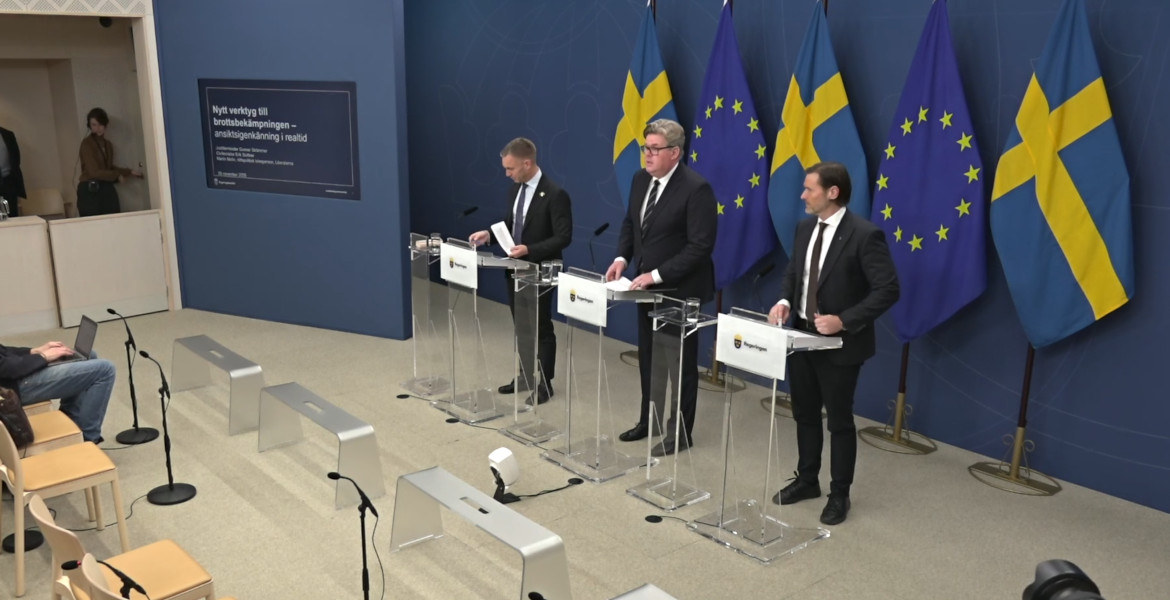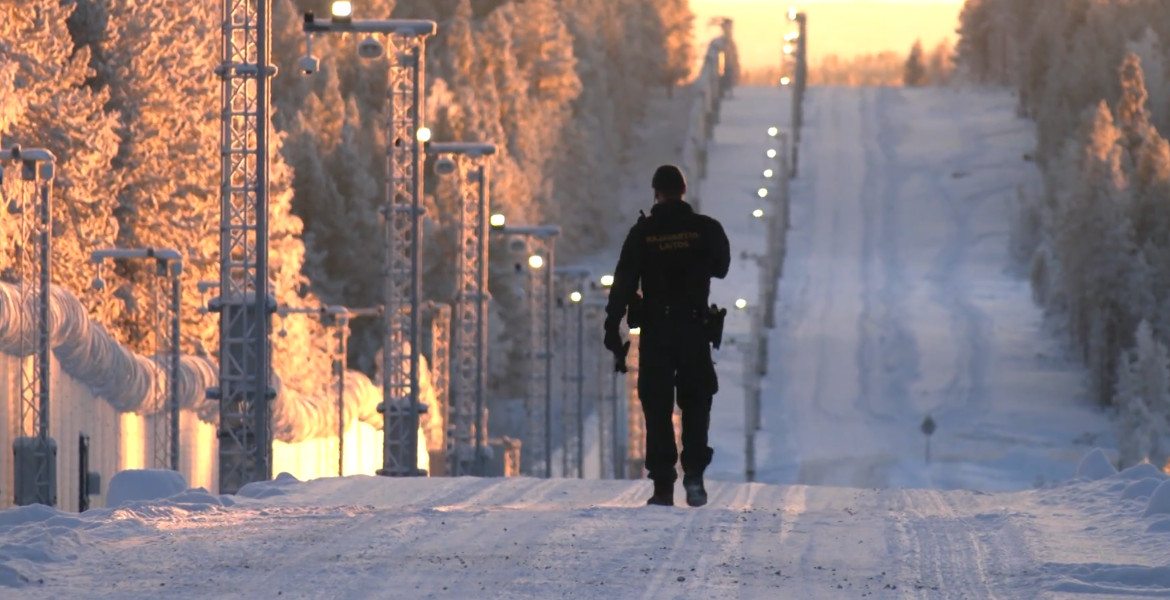The new Nordic Health Report 2023, conducted by Kantor Sifo on behalf of the insurance company If, looks at the differences in mental health between Sweden, Denmark, Norway and Finland.
The survey, in which 4,032 people in the Nordic countries participated, revealed a difference between the countries in how mental health affects their work.
In Denmark, mental health was found to affect work more than in other countries, although Danes are generally less stressed than other Nordic citizens. Sweden is lower than both Denmark and Norway in terms of the impact of mental health on work, but as many as four out of ten Swedes say that mental health has at some point had a negative impact on their ability to work, although less then a fifth of them had raised the issue with their manager. The survey also shows that women in particular suffer from stress, which is more evident in Sweden than in other countries.
In Denmark, 21 percent turn to their managers when they experience mental health problems. In Sweden the figure is 18 percent, in Norway 15 percent and in Finland as little as 9 percent. 37 percent of Swedes turn to health care when they feel mentally unwell, while around 46 percent in Norway and Denmark seek care. In Finland, most people, 61%, seek help when they have mental health problems. Overall, one in four do not seek help at all in the Nordic region.
An interesting detail is that in Finland, higher income appears to be associated with lower levels of mental health problems, a relationship not seen in any of the other countries surveyed.
If's Nordic health strategist Kristina Ström Olsson believes that employers have a responsibility to minimize the risk of mental illness through, among other things, the right procedures and places for support and discussion.
– By having the right procedures in place as an employer and at a managerial level, leaving room for support and discussion, it is possible to prevent mental illness. The employer needs to work systematically with the social and organizational work environment. Then, of course, it is possible to influence some things yourself, by reviewing your life situation both privately and at work, she says.
Of those surveyed, 46% believe that a lack of balance between leisure and working life is the main source of stress.




